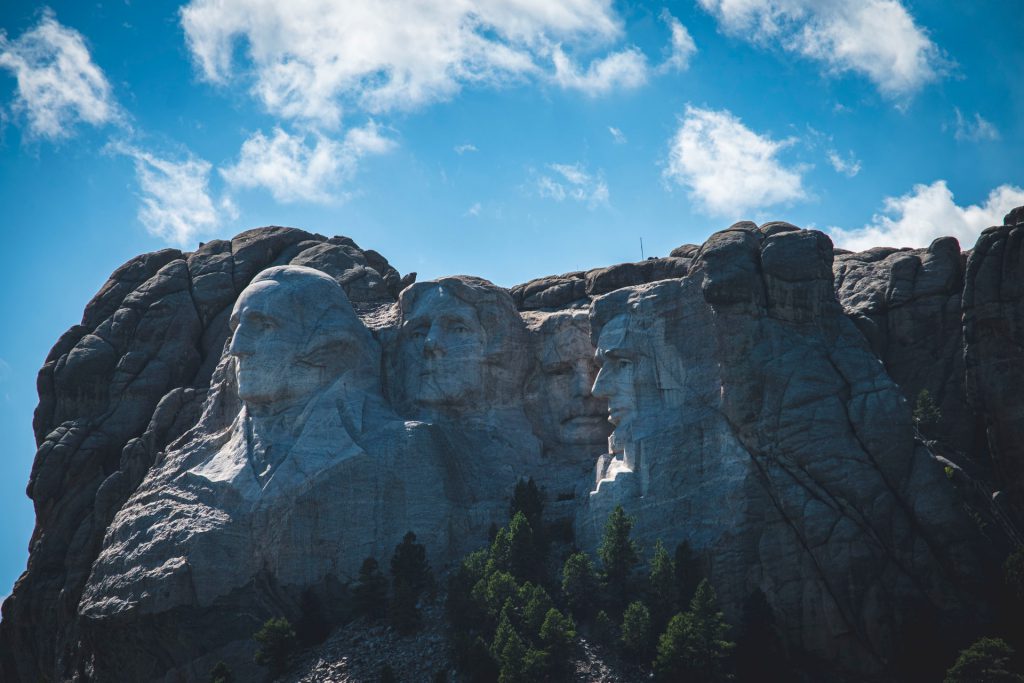
Published February 15, 2021
This Presidents’ Day, the United States celebrates the memory of two of its greatest presidents, George Washington and Abraham Lincoln. Both have come under fire from progressive activists because of their views on race relations, with the San Francisco school board going so far as to rename schools named for the founder of our country and the man who freed the slaves. That condemnation is wrong; both men should be honored as the heroes that they were.
Washington owned slaves, although his will did state that they would be freed after his wife’s passing (Martha Washington freed them before she died, purportedly because she thought that condition endangered her life). Lincoln expressed doubt that Blacks and Whites could live together, supporting voluntary colonization of freed slaves to Africa or the Caribbean. He went further in his fourth debate with Stephen Douglas in 1858, saying, “I am not, nor ever have been in favor of bringing about in any way the social and political equality of the white and black races.” He went on to say that he opposed allowing Blacks the right to vote or serve on juries and supported laws barring Whites and Blacks from marrying each other. If we were to take these acts from Washington and words from Lincoln as the sole testaments to their contributions, they would surely warrant condemnation.
That’s not, however, the way we should look at these men. The real question is whether they acted in ways in their public lives that made it likelier that Black people would in time become free and equal to Whites. Both men dedicated their lives to ideals that did exactly that.
Click here to read the rest of this piece at the Washington Post’s website.
Henry Olsen is a senior fellow at the Ethics and Public Policy Center.





